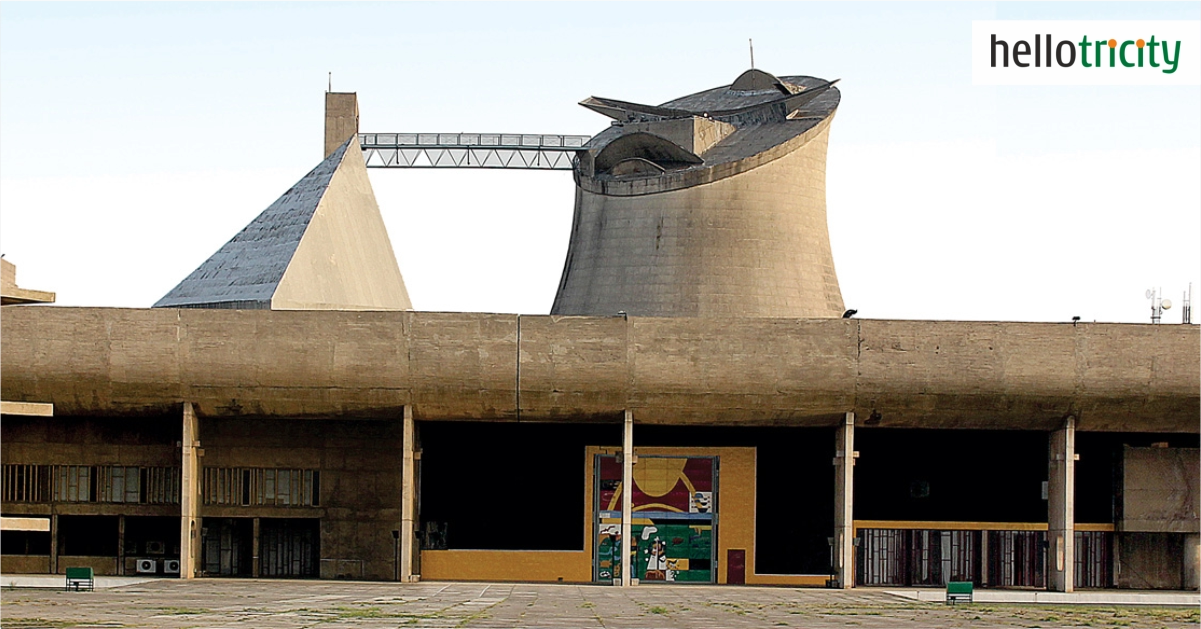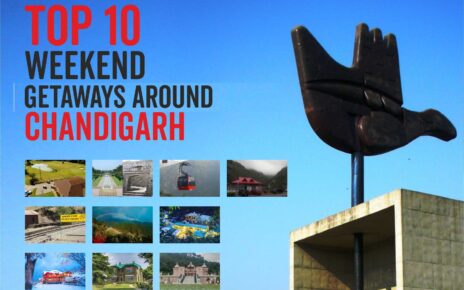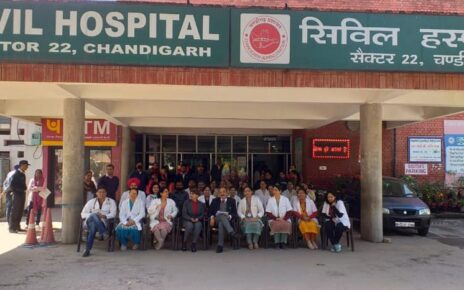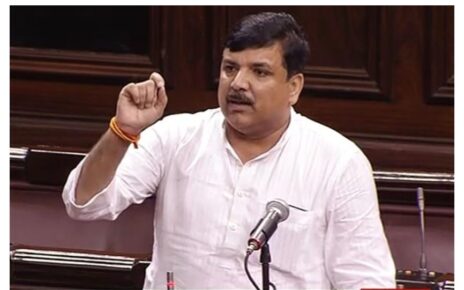The Chandigarh administration has faced scrutiny in an audit for the Rs 1.21 crore it paid to a private lawyer for filing an SLP in the Supreme Court that was subsequently withdrawn without any hearing. Major issues have been raised in the audit report, which was prepared by the Principal Director of Audit regarding whether or not legal expenses paid by the Government College of Art (Sector 10) and Chandigarh College of Architecture (Sector 12) were needed and how they were managed.
The legal matters in connection with a retirement age dispute concerning four faculty from the Government College of Art and one from Chandigarh College of Architecture were the focus of the audit. In June 2020, these faculty members filed an OA with CAT Chandigarh requesting an extension to their retirement ages. However, their application was rejected by the tribunal in October 2020. The faculty members appealed in Punjab and Haryana High Court which ruled in their favour of extending the superannuation age up to 65 years along with a provision for a further five-year extension.
In response, the Chandigarh Administration decided to counter the decision of the High Court by filing a Special Leave Petition (SLP) in the Supreme Court. To achieve this, a private senior advocate was engaged at a total cost of Rs. 1.21 crore which was incurred over nine court hearings conducted between August and December 2021. Each hearing cost the colleges Rs 13.50 lakh. However, the SLP was abruptly withdrawn on December 15, 2021, before the Supreme Court could render a decision, which the audit report criticized as an ill-planned move.
The audit report has questioned the rationale behind both the filing and the withdrawal of the SLP. It has also sought clarity on why a private lawyer was engaged instead of utilizing a government counsel, a choice that significantly inflated the legal expenses. Moreover, the audit report inquired whether the administration had fixed responsibility for this wasteful expenditure, highlighting the lack of a clear explanation or response from the college administration when confronted with these findings.
RK Garg, president of the Second Innings Association, described the situation as a gross irregularity that warrants a thorough investigation. He expressed surprise that the colleges bore the hefty legal costs instead of the Chandigarh Administration, which should have been responsible for the expenses.
The audit report findings have raised alarms on administrative oversight and fiscal management procedures within the Chandigarh Administration. Public expenditure on legal tussles, especially if cases were withdrawn without any determination creates doubts if there is accountability or transparency in their decision-making processes. It is more likely that an inquiry into this issue will grow stronger as those concerned seek more attention.




